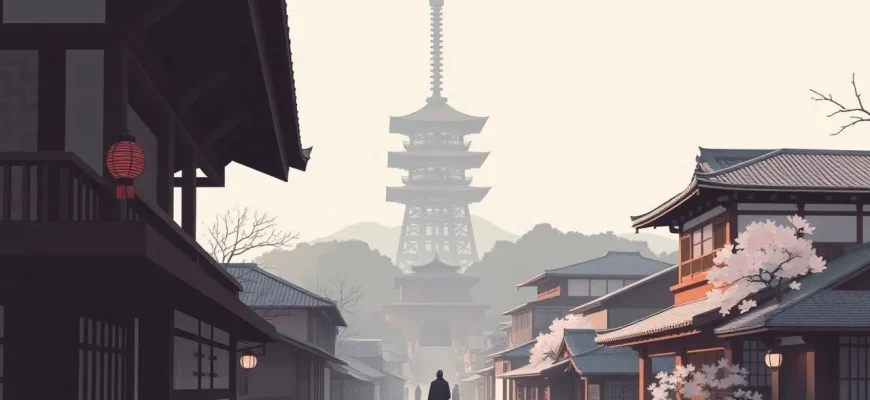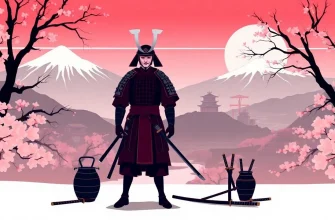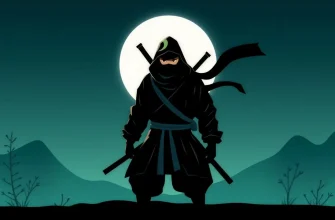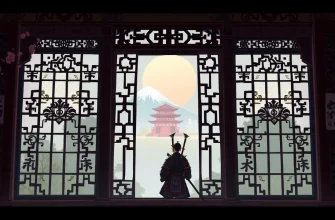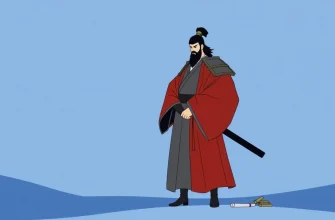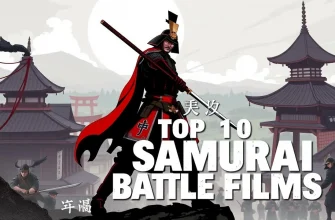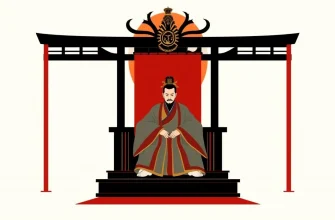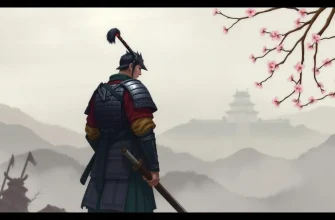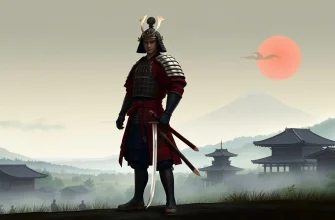The Edo period, spanning from 1603 to 1868, was a time of relative peace and cultural flourishing in Japan. This era, marked by the rule of the Tokugawa shogunate, has inspired numerous films that delve into its rich tapestry of samurai culture, societal norms, and historical events. Here, we present a curated list of 10 films that not only entertain but also provide a window into this unique period of Japanese history, offering viewers a blend of drama, action, and cultural insights.

The Twilight Samurai (2002)
Description: This film captures the life of a low-ranking samurai, Seibei Iguchi, who struggles with poverty and duty. It's a poignant look at the daily life and challenges faced by samurai during the Edo period, offering a more grounded perspective on the era.
Fact: The film won the Best Foreign Language Film at the 2003 Japanese Academy Awards and was Japan's submission for the Academy Award for Best Foreign Language Film.
 30 Days Free
30 Days Free 
When the Last Sword is Drawn (2003)
Description: This epic drama follows the life of a samurai who joins the Shinsengumi, a special police force during the late Edo period. It explores themes of loyalty, honor, and the personal sacrifices made in the name of duty.
Fact: The film was critically acclaimed for its historical accuracy and emotional depth, earning several awards including Best Supporting Actor at the Japanese Academy Awards.
 30 Days Free
30 Days Free 
Love and Honor (2006)
Description: A samurai loses his sight and must navigate a world where his honor and love are tested. This film delves into the personal and societal implications of disability in samurai culture during the Edo period.
Fact: The film was adapted from a novel by Shuhei Fujisawa, known for his works on samurai life.
 30 Days Free
30 Days Free 
13 Assassins (2010)
Description: A group of samurai come together to assassinate a ruthless lord, showcasing the political intrigue and the code of bushido during the Edo era. This film is a thrilling blend of action and historical drama.
Fact: It's a remake of a 1963 film by Eiichi Kudo, and director Takashi Miike is known for his unique approach to violence and storytelling.
 30 Days Free
30 Days Free 
The Hidden Blade (2004)
Description: This film explores the life of a samurai who must choose between his duty and his love for a maid, set against the backdrop of the Edo period's social changes.
Fact: It was part of a trilogy of samurai films directed by Yoji Yamada, all based on stories by Shuhei Fujisawa.
 30 Days Free
30 Days Free 
The Sword of Doom (1966)
Description: A dark tale of a ruthless samurai, Ryunosuke Tsukue, whose life is marked by violence and moral decay, offering a grim look at the darker side of samurai life in the Edo period.
Fact: The film was left unfinished due to the director's death, but its existing parts are considered a masterpiece of Japanese cinema.
 30 Days Free
30 Days Free 
Samurai Rebellion (1967)
Description: A samurai defies his lord to protect his daughter-in-law, highlighting the tension between personal honor and feudal loyalty in the Edo period.
Fact: The film was directed by Masaki Kobayashi, known for his critical stance on Japanese society and traditions.
 30 Days Free
30 Days Free 
Harakiri (1962)
Description: This film examines the ritual of seppuku (ritual suicide) through the story of a ronin who challenges the honor of a samurai clan, offering a critique of the samurai code during the Edo period.
Fact: It was remade in 2011 by Takashi Miike, but the original is often considered superior for its depth and subtlety.
 30 Days Free
30 Days Free 
The Tale of Zatoichi (1962)
Description: Zatoichi, a blind masseur and master swordsman, navigates the Edo period's underworld, blending action with a deep sense of humanity and justice.
Fact: The character of Zatoichi became so popular that it spawned 25 sequels and numerous TV series.
 30 Days Free
30 Days Free 
The 47 Ronin (1941)
Description: This classic film recounts the famous tale of the 47 Ronin, a group of samurai who avenge their master's death, encapsulating the spirit of loyalty and honor in the Edo period.
Fact: The story of the 47 Ronin is one of Japan's most celebrated legends, often retold in various forms of media.
 30 Days Free
30 Days Free 
